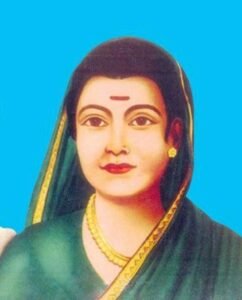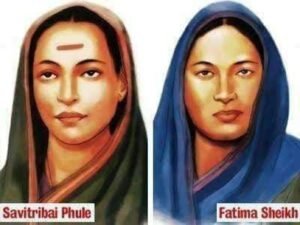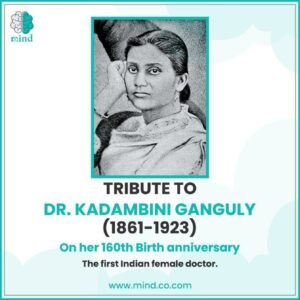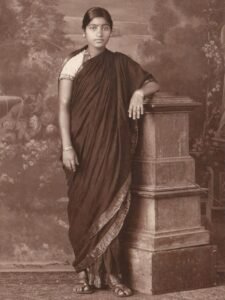First Indian Women Teachers
The history of female teachers in India dates back to ancient times, although records of specific individuals may be scarce. However, women have played significant roles in education throughout Indian history, especially in traditional settings and informal educational systems. Here are a few notable figures:
1. **Savitribai Phule (1831–1897)**:

Savitribai Phule, along with her husband Jyotirao Phule, was a prominent social reformer in the 19th century. She is regarded as one of the first female teachers in India. Savitribai Phule played a crucial role in promoting education for women and lower-caste communities, and she established the first girls’ school in Pune, Maharashtra, in 1848.
2. **Fatima Sheikh (c. 19th century)**:

Fatima Sheikh was an associate of Savitribai Phule and an early female teacher in India. She worked alongside Phule to educate girls from marginalized communities and played a significant role in the establishment of the first girls’ school in Pune.
3. **Annie Besant (1847–1933)**:
Although not Indian by birth, Annie Besant made significant contributions to education in India. She was a prominent Theosophist, social reformer, and women’s rights activist. Besant established the Central Hindu College in Varanasi (now Banaras Hindu University) and worked to promote education and Indian culture.
4. **Kadambini Ganguly (1861–1923)**:

Kadambini Ganguly was one of the first female graduates from India and also one of the earliest female physicians. She was associated with the Bethune School in Kolkata, where she inspired many young women to pursue education.
5. **Sister Nivedita (1867–1911)**:
Margaret Elizabeth Noble, known as Sister Nivedita, was an Irish-born disciple of Swami Vivekananda. She contributed significantly to the education of girls in India and worked tirelessly for social reforms and women’s empowerment.
These women played crucial roles in breaking societal barriers and advancing education for girls and women in India. They paved the way for future generations of female educators and reformers in the country.
6. **Durgabai Deshmukh (1909–1981)**:
Durgabai Deshmukh was a prominent social worker, lawyer, and politician. She was actively involved in education and women’s empowerment initiatives. Deshmukh founded the Andhra Mahila Sabha in 1937, which aimed to promote women’s education and social welfare.
7. **Anutai Wagh (1880–1971)**:

Anutai Wagh was a social reformer and educator known for her work in rural Maharashtra. She established the first residential school for girls from the marginalized communities in the region. Wagh’s efforts focused on providing education and vocational training to empower young girls and women.
8. **Kamala Bhattacharjee (1919–1997)**:
Kamala Bhattacharjee was an educationist and the founder of the Kamala Girls’ School in Mumbai. She dedicated her life to promoting girls’ education and empowering women through knowledge and skills development.
9. **Vidyagauri Nilkanth (1867–1933)**:
Vidyagauri Nilkanth was a social reformer and educator known for her contributions to women’s education in Gujarat. She played a crucial role in the establishment of the first girls’ school in Ahmedabad, Gujarat, and worked tirelessly to promote education and women’s rights.
10. **Rukhmabai Raut (1864–1955)**:
Rukhmabai Raut was one of the first practicing female physicians in colonial India. She advocated for women’s education and healthcare rights. Raut’s courage and determination inspired many women to pursue higher education and careers in the medical field.
These women, among others, made significant contributions to education and social reform in India. Their dedication and efforts helped lay the foundation for the progress of women’s education and empowerment in the country.
Interesting facts about Indian railway click Here

1 thought on “First Indian Women Teachers”